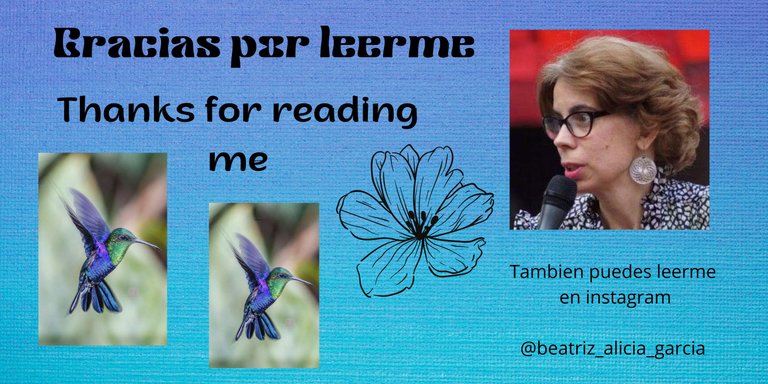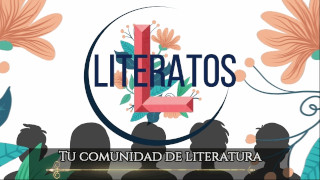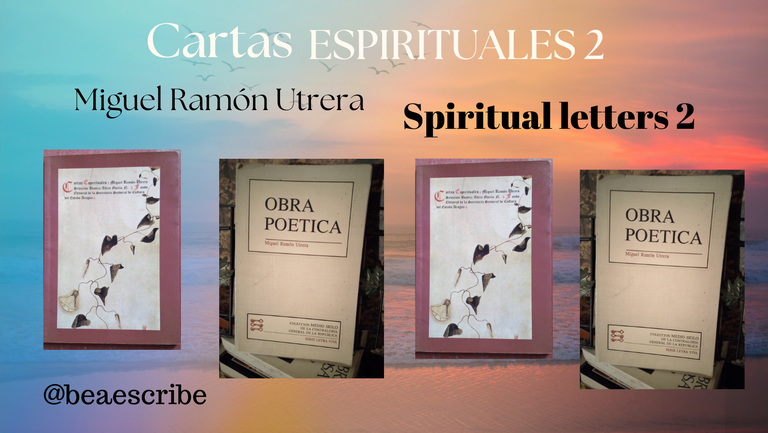
CARTAS ESPIRITUALES DE MIGUEL RAMÓN UTRERA (Segunda parte)
“En ese lapso, es cierto, se extinguió “El Cojo Ilustrado”, pero surgieron las revistas “Cultura Venezolana”, “Actualidades” y “La Revista”; nacieron los diarios “El Universal”, “El Heraldo” y “La Esfera” y también la revista “Élite” en su propia editorial. Nunca antes hubo un remozamiento tan frondoso de las letras en todas las ramas. Basta con citar nombres principales: José Gil Fortoul, Lisandro Alvarado, Manuel Díaz Rodríguez, Pedro Emilio Coll, Rufino Blanco Fombona, Laureano Vallenilla, Jesús Semprún, Julio Planchart, José Rafael Pocaterra, Rómulo Gallegos, Teresa de la Parra, Ramón Díaz Sánchez. Cuando terminó la primera guerra mundial floreció el famoso grupo de diez poetas conocido como “generación del 28”, cuyas figuras de avanzada fueron: Andrés Eloy Blanco, Fernando Paz Castillo y Jacinto Fombona Pachano. También hubo un empuje institucional considerable: se fundó el Ateneo de Caracas, la orquesta Sinfónica Venezuela y el Orfeón Lamas. El contacto cultural venido de afuera también fue considerable. Varias veces estuvieron las grandes compañías españolas de comedia y zarzuela. Se conoció por primera vez un grupo ruso de ballet con la estrella universal Ana Pavlova. Actuó en el Teatro Municipal el célebre charlista español Federico García Sanchiz; también los famosos declamadores González Marín y Berta Singerman. El empresario italiano Adolfo Bracale, en varias temporadas, presentó las grandes óperas hasta entonces desconocidas aquí.”
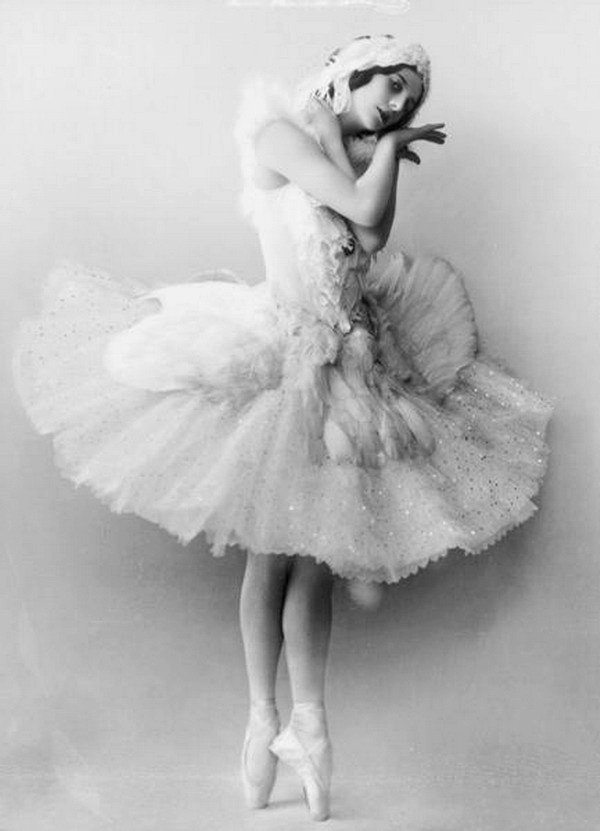
Fuente: Ana Pavlova bailando la muerte de un cisne 1905 Imagen de Dominio Público
“Fuera de Caracas la otra cara del mapa era totalmente contraria: un interior desvalido, sin carreteras, sin acueductos, sin escuelas graduadas, sin electricidad, sin asistencia médico-sanitaria y con una economía centrada exclusivamente en el trabajo rural conducido con métodos primitivos. Por eso Caracas era vista como un verdadero retablo de maravilla, aunque no pasaba de ser un pueblote cuya población apenas llegaba al cuarto de millón. Todo lo que de ella te he dicho no lo obtuve por referencias indirectas. Lo vi. Viví allá los mejores años de mijuventud. Trabajaba y estudiaba, aunque sin alcanzar la Universidad -única que había allá- que me fue negada a causa de mi relación con la Federación de Estudiantes donde estaba ubicado el fermento de la rebeldía juvenil contra la dictadura.Pero fueron años inolvidables.”
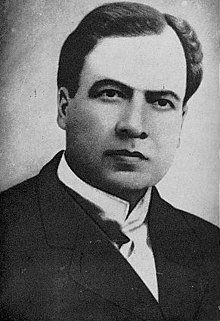
Fuente: El poeta Ruben Dario el más destacado poeta latinoamericano del siglo XIX
“Creo que eso no pasó de ser un bluff bien administrado. A partir de 1890 lo iniciaron en Chile algunos intelectuales jóvenes que tomaron por jefe a Rubén Darío, quien logró imponer en la escritura poética algunas innovaciones estilísticas, no siempre afortunadas, que entonces aparecieron como “revolucionarias” frente al decadentismo romántico.
Frecuentemente olvidamos que desde la formación del mundo, hasta hoy, sólo existen dos realidades gobernando el destino de los humanos: el amor y la muerte. Y la poesía ha sido siempre la gran reseñadora de esas realidades. Desde El Cantar de los Cantares en el Antiguo Testamento hasta el Cementerio Marino de Paul Valery, pasando por los poetas malditos, eso es lo que se encuentra en todas las épocas, hasta hoy. El Romanticismo asimilo esas realidades y las convirtió en herencia filosófica y estética para toda la vida. El Modernismo, pues, no fue otra cosa que una oleada romántica, muy bien adornada con atractivas audacias verbalistas”.
“Si no hay clases ni tienes empleo fuera a tu gusto, refúgiate en los libros. Te recomiendo que leas en abundancia historia del continente. Es buen estímulo para meditar. Y escribe; aunque no tengas ocasión de publicar lo que produzcas, escribe siempre y guarda para revisar después. Tengo entendido que paraeste momento posees un acopio muy suficiente de ilustración que te permite cultivar bien tupensamiento. Meditar con buena motivación es un recurso muy eficaz como autoestímulo.
(...)No te desanimes, Beatriz, por los contratiempos que estás enfrentando. Aléjate de indecisiones y tedios peligroso. Búscate a ti misma y piensa siempre que el verdadero enemigo es el tiempo que se deja sin provecho, porque conduce al abismo de la frustración.Esa es la peor pena.
(...)Entre las lecturas de gran fuerza estimulativa y más reconocidas como propias para tonificar ánimos vacilantes te recomiendo: de José Enrique Rodó “Ariel” y “Motivos de Proteo”; y “Camino de Perfección” de nuestro Manuel Díaz Rodríguez. Son obras de utilidad permanente”.
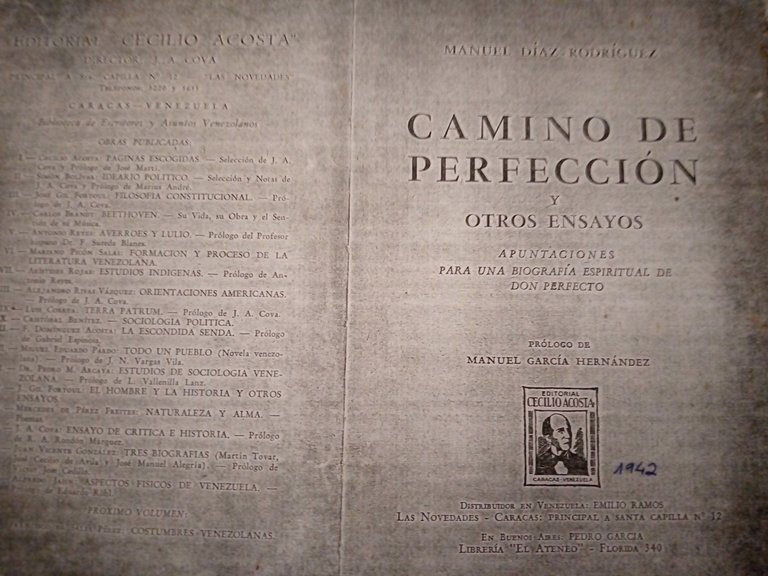
Imagenes tomadas con la cámara de mi teléfono móvil del libro "Camino de Perfección" de Manuel Díaz Rodríguez, una de las lecturas recomendadas por el maestro Miguel Ramón Utrera
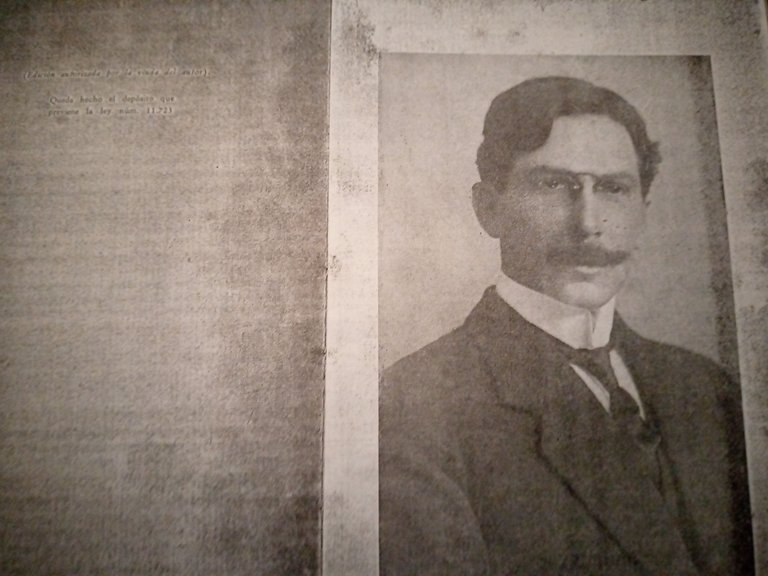
retrato de Manuel Díaz Rodríguez autor de "Camino de Perfección"
https://peakd.com/hive-179291/@beaescribe/cartas-a-un-joven-poetaletters-to-a-young-poet-spa-eng

SPIRITUAL LETTERS FROM MIGUEL RAMÓN UTRERA (Second part)
"During that period, it is true, "El Cojo Ilustrado" was extinguished, but the magazines "Cultura Venezolana", "Actualidades" and "La Revista" were born; the newspapers "El Universal", "El Heraldo" and "La Esfera" were born, as well as the magazine "Élite" in its own publishing house. Never before had there been such a lush revival of letters in all branches. Suffice it to mention the main names: José Gil Fortoul, Lisandro Alvarado, Manuel Díaz Rodríguez, Pedro Emilio Coll, Rufino Blanco Fombona, Laureano Vallenilla, Jesús Semprún, Julio Planchart, José Rafael Pocaterra, Rómulo Gallegos, Teresa de la Parra, Ramón Díaz Sánchez. When the First World War ended, the famous group of ten poets known as the "Gene ration of '28" flourished, whose leading figures were: Andrés Eloy Blanco, Fernando Paz Castillo and Jacinto Fombona Pachano. There was also a considerable insti tutional push: the Ateneo de Caracas, the Venezuelan Symphony Orchestra and the Orfeón Lamas were founded. Cultural contact from abroad was also considerable.The great Spanish comedy and zarzuela companies were present several times. A Russian ballet group with the universal star Ana Pavlova performed for the first time.The famous Spanish lecturer Federico García Sanchiz performed at the Municipal Theater; also the famous declaimers González Marín and Berta Singerman. The Italian im presario Adolfo Bracale, in several seasons, presented the great operas hitherto unknown here."

Source: Ana Pavlova dancing The Dying Swam 1905 Imagen de Dominio Público
“Outside of Caracas the other side of the map was the complete opposite: a helpless interior, without roads, without aqueducts, without graded schools, without electricity, without medical-health care and with an economy centered exclusively on rural work conducted with primitive methods. That is why Caracas was seen as a true tableau of wonder, although it was only a small town with a population of barely a quarter of a million. Everything I have told you about it I did not get from indirect references. I saw it. I lived there the best years of my youth. I worked and studied, although without going to the University - the only one there - which was denied to me because of my relationship with the Student Federation where the ferment of youthful rebellion against the dictatorship was located. But those were unforgettable years."

Source:Ruben Dario The most outstanding Latin American poet of the 19th century
"I believe that this was nothing more than a well-managed bluff. From 1890 onwards it was initiated in Chile by some young intellectuals who took Rubén Darío as their leader, who managed to impose in poetic writing some stylistic innovations, not always fortunate, which then appeared as "revolutionary" in the face of romantic decadentism.
We often forget that since the formation of the world, until today, there are only two realities governing the destiny of humans: love and death. And poetry has always been the great reviewer of these realities. From the Song of Songs in the Old Testament to Paul Valery's Sea Cemetery, passing through the cursed poets, this is what is found in all ages, until today. Romanticism assimilated these realities and turned them into a philosophical and aesthetic heritage for life. Modernism, then, was nothing more than a romantic wave, very well adorned with attractive verbalist audacities".
"If there are no classes and no outside employment to your liking, take refuge in books. I recommend that you read a lot of history of the continent. It is a good stimulus to meditate. And write; even if you have no occasion to publish what you produce, always write and save it for later revision. I understand that by now you possess a very sufficient store of illustration that allows you to cultivate your thinking well. Meditating with good motivation is a very effective resource as a self-stimulus.
(...)Don't be discouraged, Beatriz, by the setbacks you are facing. Stay away from indecision and dangerous tedium. Look for yourself and always think that the real enemy is the time that is left unprofitable, because it leads to the abyss of frustration.
(...)
Among the readings of great stimulating force and more recognized as proper to invigorate hesitant spirits I recommend you: of José Enrique Rodó "Ariel" and "Motivos de Proteo"; and "Camino de Perfección" of our Manuel Díaz Rodríguez. They are works of permanent usefulness".

Images taken with the camera of my cell phone from the book "Camino de Perfección" by Manuel Díaz Rodríguez, one of the readings recommended by the teacher Miguel Ramón Utrera.

portrait of Manuel Díaz Rodríguez author of "Camino de perfección"
I share with you links to the previous entries in this series dedicated to letters from writers and artists:
https://peakd.com/hive-179291/@beaescribe/cartas-a-un-joven-poetaletters-to-a-young-poet-spa-eng
I have the rights over the above mentioned texts of the poet Miguel Ramón Utrera, I authorized their edition under the title "Cartas espirituales" by the Fondo Editorial de la Secretaría Sectorial de Cultura del Estado Aragua in 2003.
Los banners y separadores fueron diseñados por mí en canva.com
The banners and dividers were designed by me in canva.com
T
Translated with www.DeepL.com/Translator (free version)
